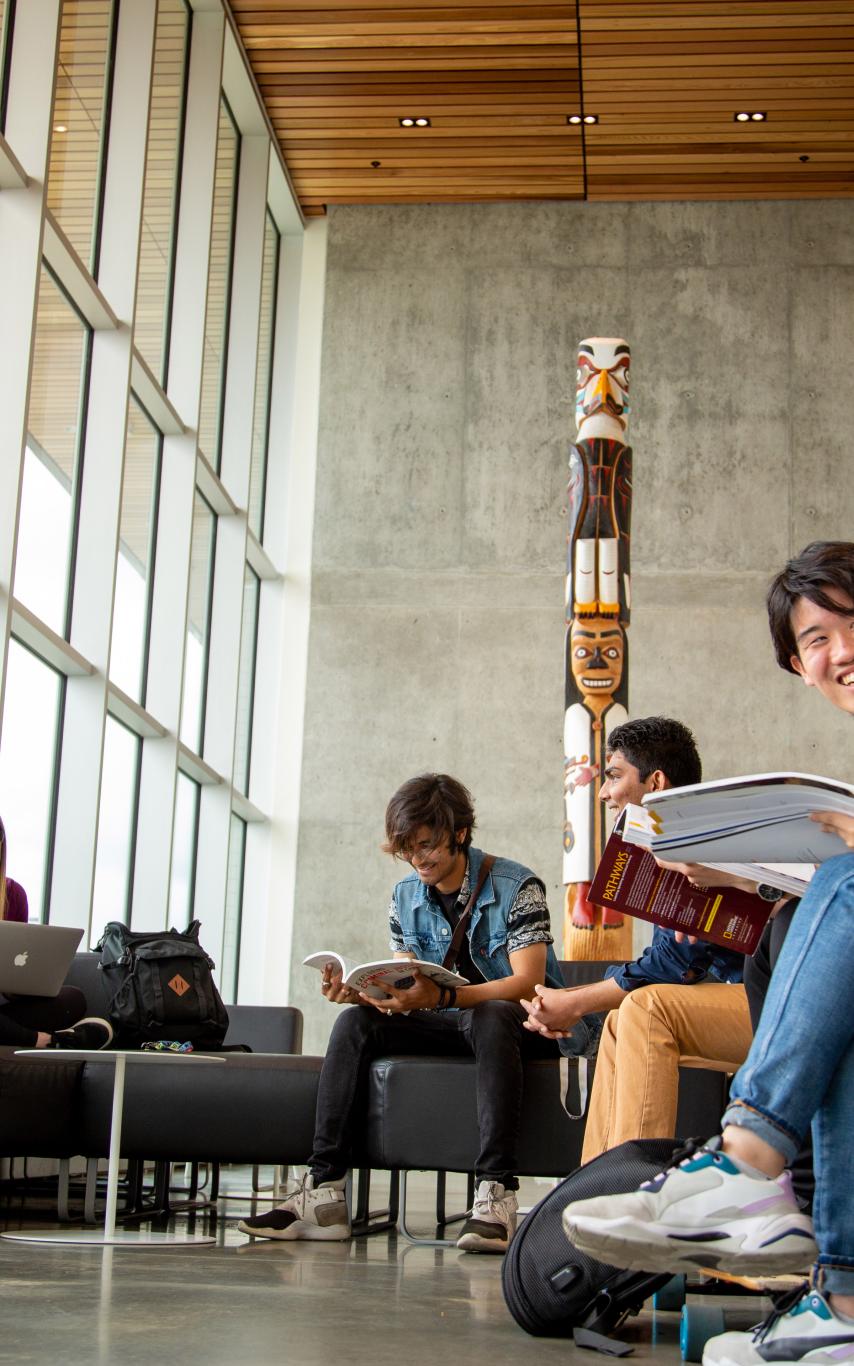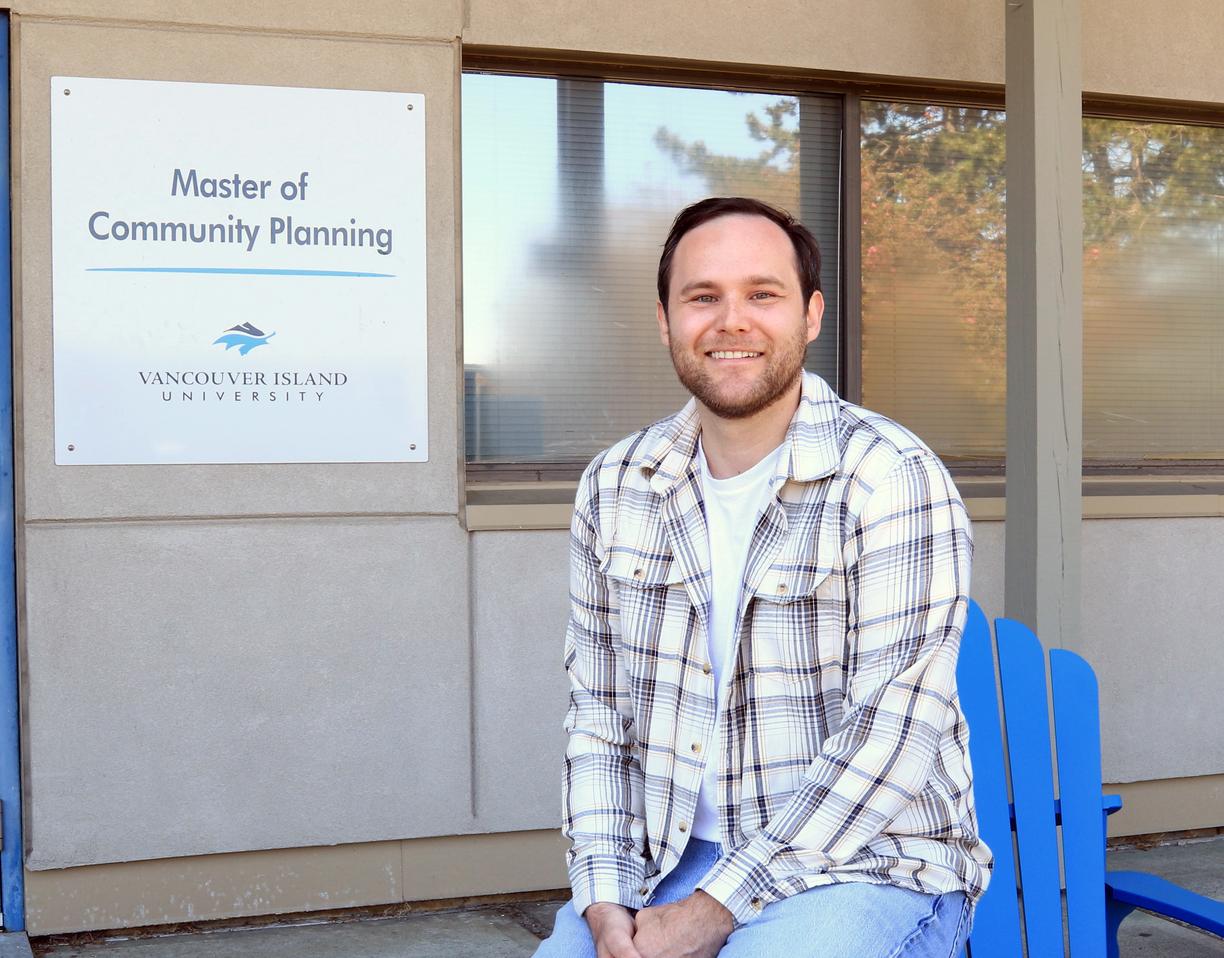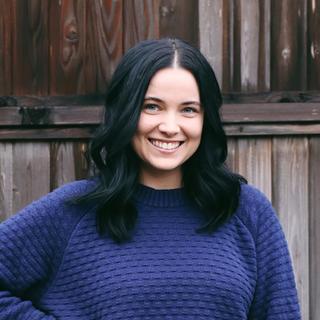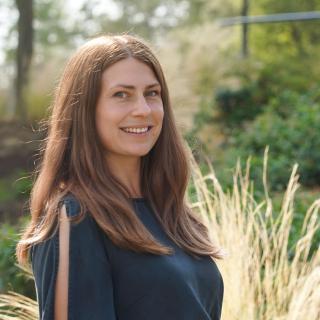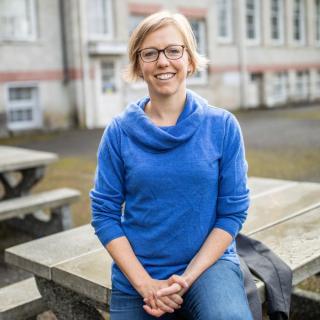Grad student with impact: Flynn Saunderson
After a very successful four years working in the tourism industry, Flynn Saunderson began to feel a persistent pull towards a different path. The VIU alum, who graduated from the Tourism Management program in 2019, supported Canadian tourism businesses as they recovered from the COVID-19 pandemic through his work at federal destination marketing organization, Destination Canada. After talking to his mother, who served as the Parks and Recreation Director in Tofino for 20 years, and a close friend taking the Master of Community Planning program at VIU, he decided to make the transition into community planning.
His thesis research combines his tourism background with community planning and has been making the news this year as he explores the impacts of tourism in BC resort municipalities. Here’s more of his journey from a tourism career to community planning.
Tell us about you before VIU.
I was originally born and raised in Tofino and Ucluelet and attended VIU for my undergrad, where I completed a bachelor’s degree in Tourism and Recreation Management. Just after graduating, I joined Destination Canada, where I worked for four years in various roles that predominately focused on supporting the tourism industry’s recovery from the COVID-19 pandemic.
Describe your research.
My research examines the impacts of tourism in BC resort municipalities. These communities are specially designated by the provincial government and receive special funding known as Resort Municipality Initiative (RMI) funds to go towards tourism-based infrastructure and services. Given the province’s fiscal commitment to growing tourism in these communities, it seemed fitting to try and understand the impacts that may be occurring due to tourism since the program’s inception in 2006. The research looks at both what municipalities (through interviews with municipal staff) and what residents (through a resident perceptions survey) see as impacts to their community that come from tourism. The impacts of tourism that were included were based on what was seen within the literature regarding the impacts of tourism on host communities.
What have you found out/experienced so far?
I’m still working through the data as I didn’t expect to receive such a large response! With approximately 1,200 survey responses and interviews with each of the 14 resort municipalities, there is still a lot to analyze. What I can say for certain is that I appreciate the candidness in responses provided so far. I can tell that it will help provide valuable, rich insights that I look to deliver in the summer.
What do you like best about being a graduate student?
One of the things I like best about being in the Master of Community Planning program is the kind of individuals it attracts. Individuals come from all kinds of different backgrounds, from civil engineering to social justice, architecture to business. You get to learn so much from these individuals over the course of the program. Beyond academic/professional backgrounds, people come from various parts of Canada and the world, which helps provide a deeper understanding of how planning is done in different places along with a greater appreciation of different cultures and traditions abroad.
What advice do you have for new grad students, or those thinking of going to grad school?
The biggest thing I’d say for new grad students is to get engaged and stay engaged inside and outside the classroom. Learning doesn’t stop after your classes end and your curiosity shouldn’t stop there either so continue to challenge yourself in ways that are manageable for your capacity and situation. Again, learning from all the individuals that come from diverse backgrounds is the perfect opportunity for cross-pollination, creativity and innovation.
For those thinking about going to grad school, I’d suggest trying to connect with someone who has been in the program you’re looking at applying for or the student association associated with the program to get an understanding of if you feel it's a good match for you. On top of this, they can give you specific advice on what to expect, how to best prepare for what’s expected of you and provide some insight into the local context if you haven’t been to the university or community before.
Is there a VIU resource you wished you would have known about sooner?
I was fortunate to know many, given my undergrad experience at VIU. My advice is for each new student is to review what's available on campus that can help enable your success in grad school and beyond. Whether it’s using the Writing Centre to better articulate your essay or the Career Studio, which can help prepare you for your dream job, get to know what's available and then you can better match your current or future needs with the services available.
What’s after grad school for you?
I’m trying to stay flexible with what comes after grad school and am open to a variety of planning or planning adjacent opportunities. I’ve always had a keen interest in parks, recreation and tourism and would love an opportunity where I can leverage my knowledge and passion of these elements in a planning setting.
